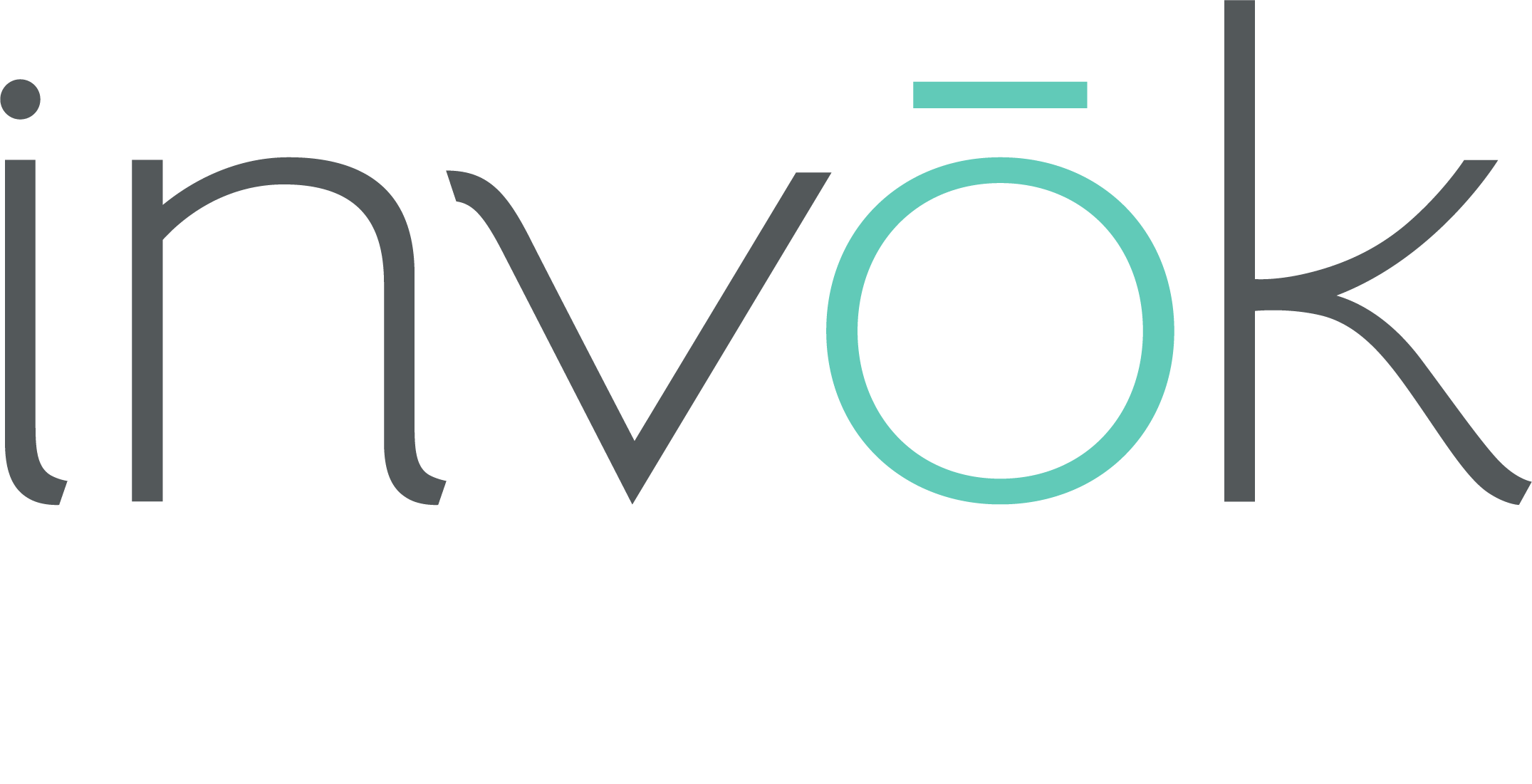private label brands are forgetting about the beauty category
Retailers are missing out on a strong opportunity in private brand development by not taking part in the consistent growth in beauty, especially in skin care. The evidence suggested by a number of sources confirms that while the beauty category is seeing significant growth at retail, retailers are falling behind because of relatively low private brand beauty involvement and penetration.
The beauty business has always been a significant part of our client base – and we love it that way! It’s a category driven by innovation – where both women and men are increasingly open to (and exhilarated by) exploration and discovery.
So, we have become curious about why the industry seems to be so underrepresented in the retail private brand arena. This discussion is an attempt to bring facts, figures, observations, and creative recommendations that should spark conversations among your team, inspire your brand strategy and set you up for long-term success.
The Beauty Category at a Glance
2023 was a big year for the beauty industry.
According to a July 2023 article at YipitData, beauty retail sales at generalist retailers have delivered double-digit growth for the past 3 years, with 24.3% GMV growth in the first half of 2023.
Beauty consumers are open to new ideas.
As sales increase, so too is consumer interest in trying new things. According to a 2023 report in McKinsey, 42% of respondents in China, France, Germany, Italy, the United Kingdom, and the United States say they enjoy trying new beauty brands.
Skincare is the largest beauty category, by far.
Accounting for 41% of global cosmetic sales in 2021, skincare shows no signs of slowing down. Not only is skincare poised to stay at number one – it is predicted to bring in an estimated 186 billion U.S. dollars in revenues by 2028.
Walmart saw these trends earlier than most.
Back in 2019, Walmart launched their own private-label skincare line, Earth to Skin, with the goal of providing customers with “a luxurious experience for under $10.”
Despite the success of some retailers, the beauty category still has the lowest level of private-label penetration, especially facial care.
Numerator has a helpful dashboard that “provides a pulse on private-label manufacturers across channels, consumer groups and categories.” Updated every three months, the tool shows that the health and beauty category has the lowest level of private brand share penetration at 12%. Within that category, facial care is even lower with just 5.2% of private brand share penetration.
Applying the 7 Tenets of Iconic Packaging Design
Though the data speaks to the opportunity for private-label brands to introduce health and beauty products into their stores, not enough retailers are realizing the true potential. Through innovative packaging design and differentiated positioning, these products can drive significant growth for businesses. Invok’s 7 Tenets of Iconic Packaging Design helps give context on how to create something that stands the test of time, and when put into practice it also validates the McKinsey findings where businesses that embrace design generate 32% more revenue and 56% more in shareholder returns.
Recently, we partnered with marketing insights consultancy IMI International and put our 7 Tenets to the test, across concepts in the beauty category among others. Understanding the insight behind the work enables strong decisions that maximize market potential and brand growth. Together, we dove into key indicators that ladder up to overarching brand health and performance, ultimately culminating to impact on purchase. You can view our initial findings here:
Breaks Through: The package design grabs the consumer’s attention and entices them to stop and learn more.
Better Value: The private label product looks like it is better value for the price compared to the competition.
Higher Quality: Consumers perceive the private label product to be higher quality than retail brands.
Buy or Switch Potential: Consumers consider buying or switching because of the package design.
Entering the beauty and personal care area should be a significant priority for most retailers. The data referenced in this discussion supports the idea that it is a category that is growing fast, where the consumer is open to new ideas, and that a clear white space exists for new products given the current low private brand penetration in the category. For brands looking to stand out and connect with their target audience on both an emotional and functional level – strong consideration should be given to the packaging design of the products.
If you want to learn more about creating iconic packaging design, we encourage you to check out the 7 Tenets of Iconic Packaging Design here, and be sure to get in touch when you are ready to elevate your brand and start 2024 off on the right foot!

